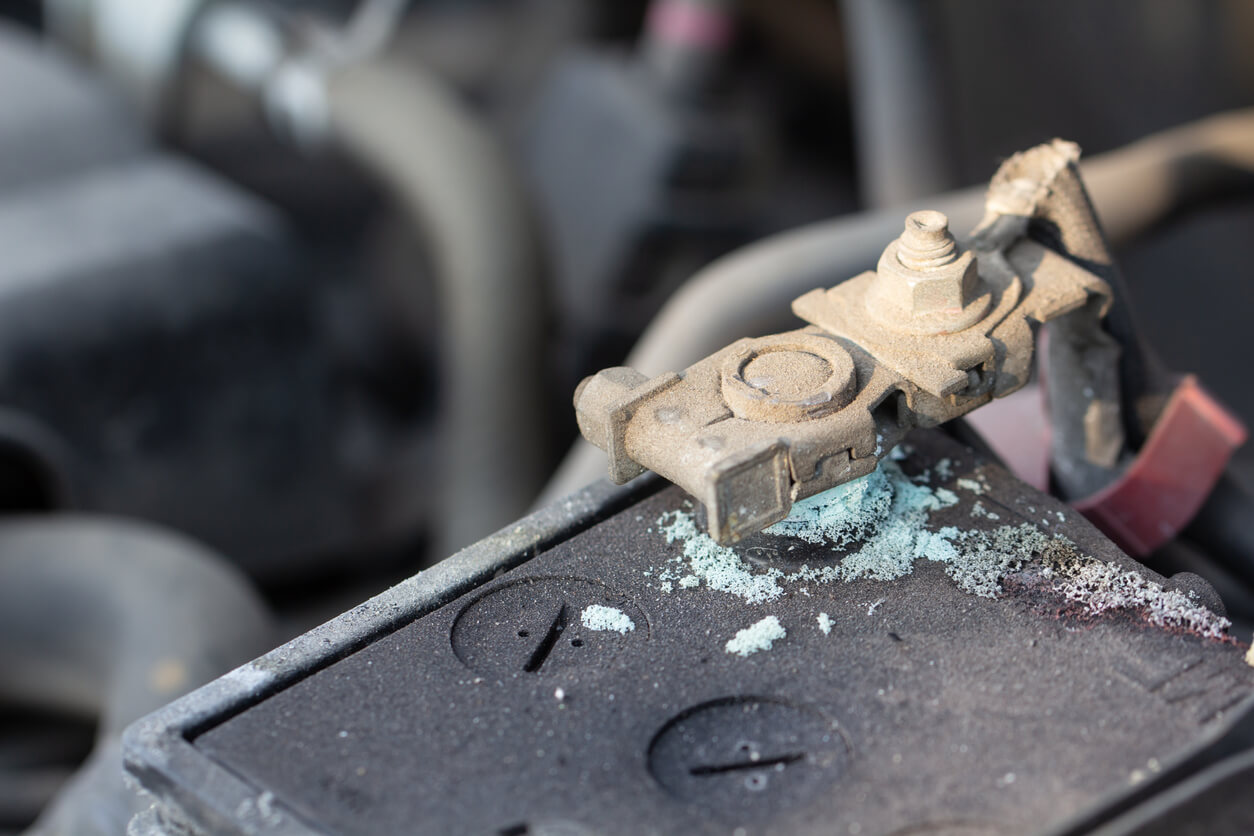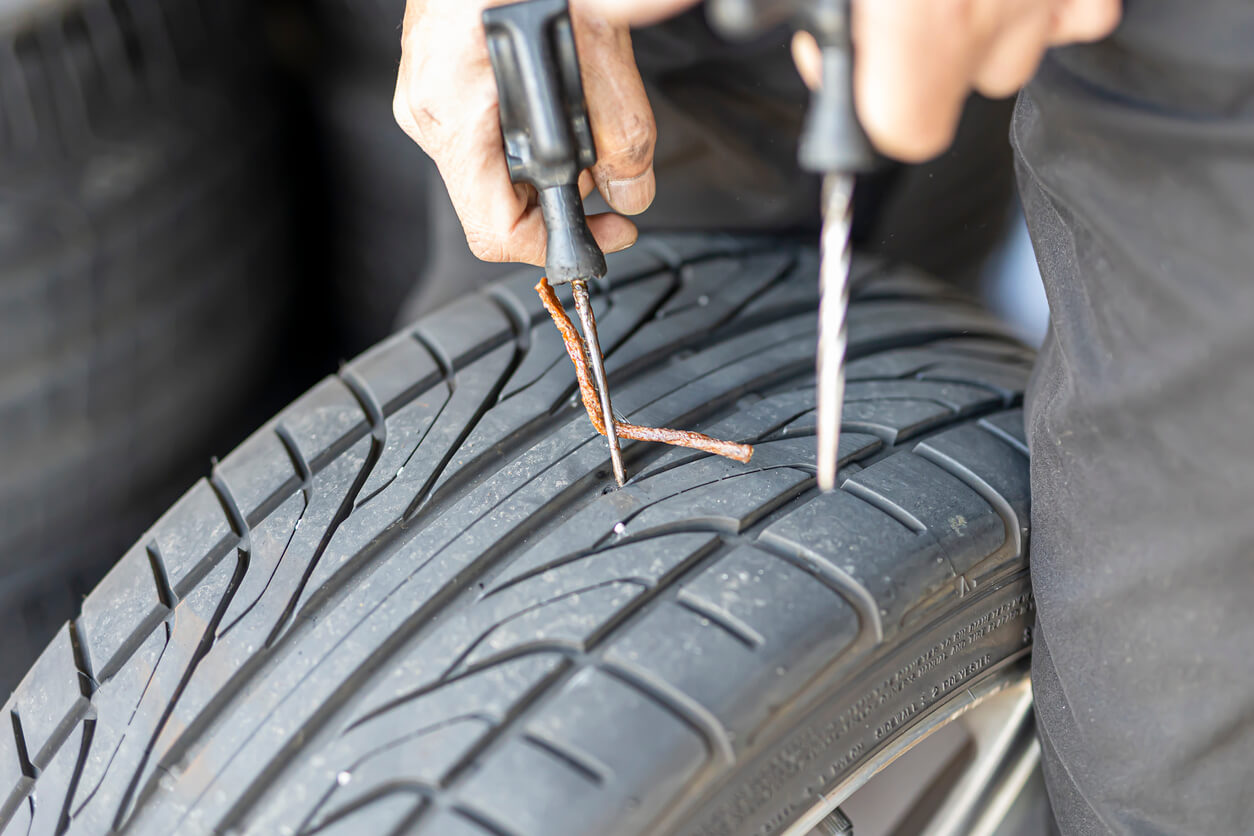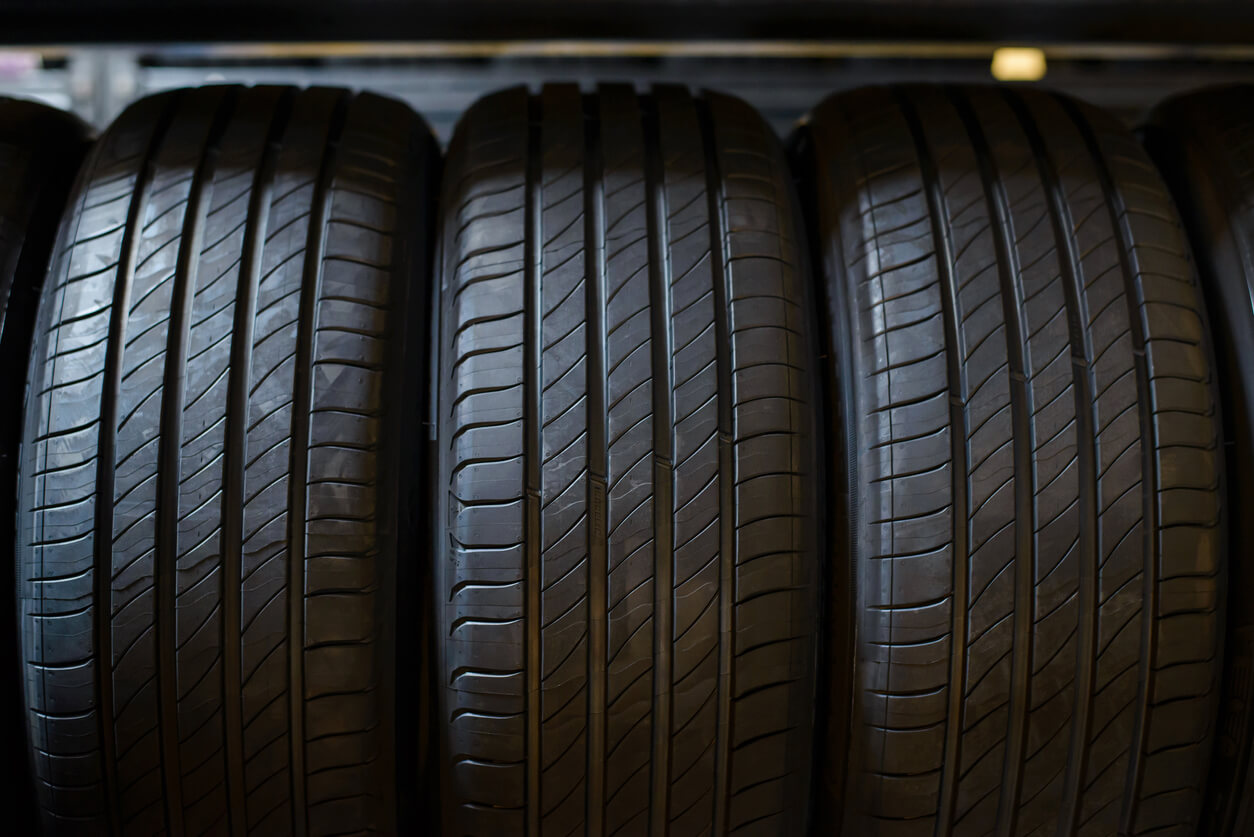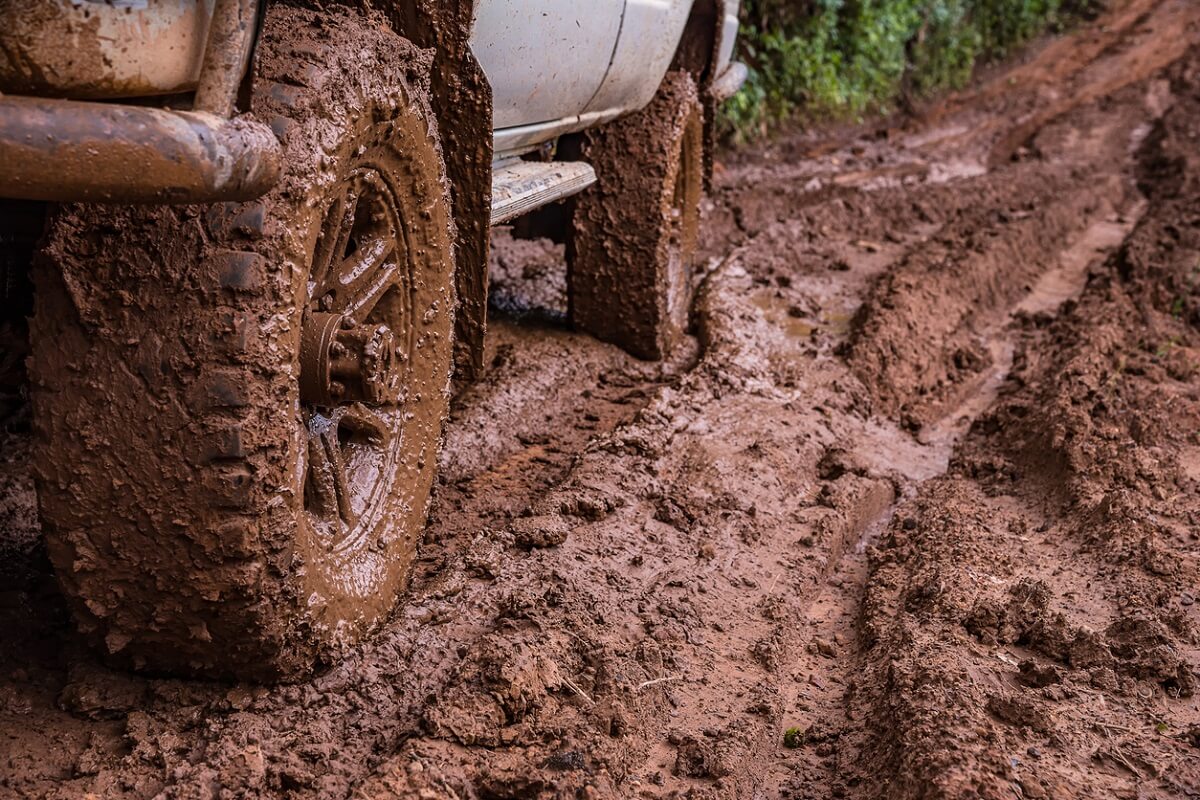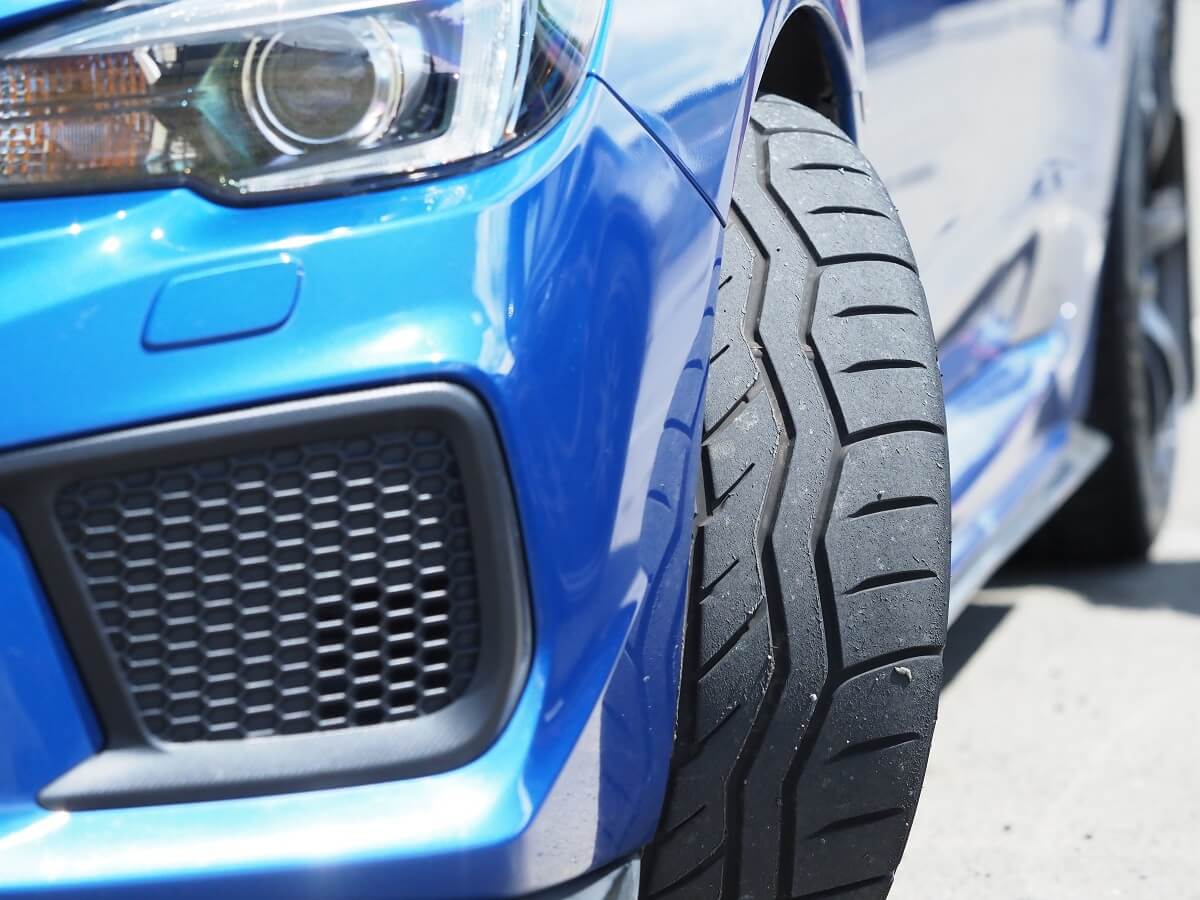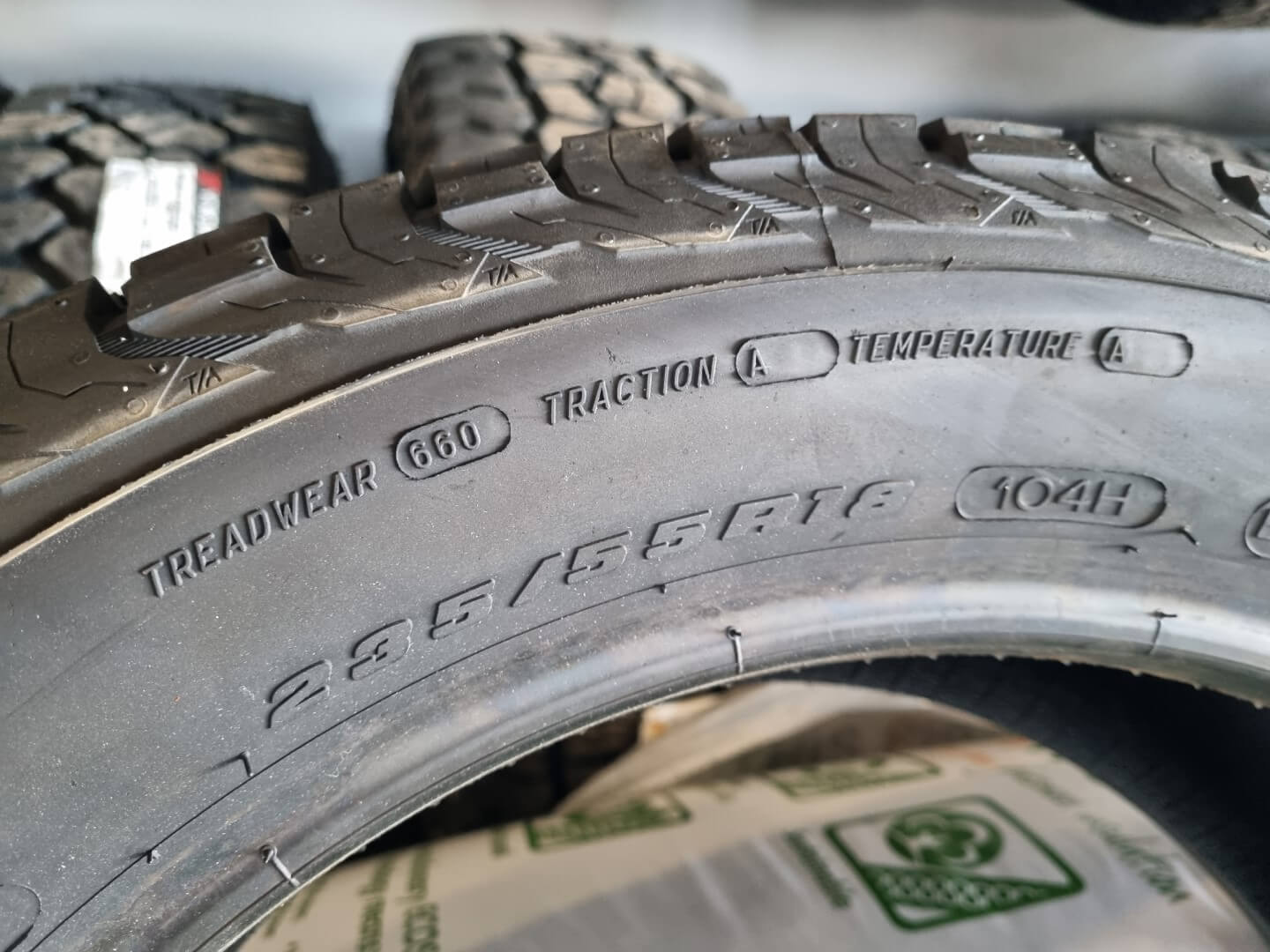
Upgrading from your factory wheels to a nice set of aftermarket alloys is a choice many people who love their cars do to improve the look or performance of their vehicles.
When it comes to upgrading your wheels, ensuring you have the correct size will mean the difference between potentially damaging your car and having a great-looking, and legal, ride.
Wheel Sizing Labels
When it comes to purchasing new wheels for your vehicle, you’ll see a whole stack load of numbers being thrown around. These numbers refer to width, diameter, offset or backspacing, PCD and more.
Reading about wheel sizing can be overwhelming, so let's break it down and explain it.
When it comes to wheels, you might see something along the lines of 18" x 8" +35ET 5x114.3 when used to describe a wheel product. There are slightly different formatting differences;
Diameter and Width
In our example wheel, 18" x 8" is the measurement of our wheel's diameter and width. The literal diameter and width are slightly larger than this, but this measurement refers to the channels, or ‘seats’ on which the tyre is mounted.
This example wheel suits tyres that are designed to be fitted to an 18-inch wheel, and measures 8 inches from tyre bead seat to tyre bead seat. Diameter and width are measured in inches in an overwhelming majority of wheel sizes, with the diameter being a whole, round number such as 15,16,17,18 and so on, while wheel width steps up in 0.5-inch increments.
Offset and Backspacing
+35ET in our example wheel defines the offset of the wheel. Offset is a measurement of where the mounting face of the wheel is in relation to the centre line of the wheel. Offset is measured in millimetres.
If the mounting face of the wheel is shifted towards the outside edge of the wheel, as most wheels are, the offset is described as positive, while if the mounting face is towards the inside edge of the wheel, the offset is described as negative.
Backspacing on the other hand is the measurement from the mounting face of the wheel to the innermost point of the wheel. Imagin laying a straight-edge across the back of your wheel and measuring the distance between it and the mounting face.
PCD
Once again, refer back to our example wheel specs above. 5x114.3 refers to the PCD. PCD stands for Pitch Circle Diameter. This is the pattern of bolt holes that the wheel uses to attach to the car.
Our wheel has a PCD of 5x114.3, which stands for 5 studs, arranged evenly on a circle that is 114.3 mm in diameter.
Other common PCDs may include 4x100, 5x100, 6x139.7 and more. You can look up your vehicle specifications online to find your PCD or contact your nearest Tyrepower store for more information on what hub rings you need.
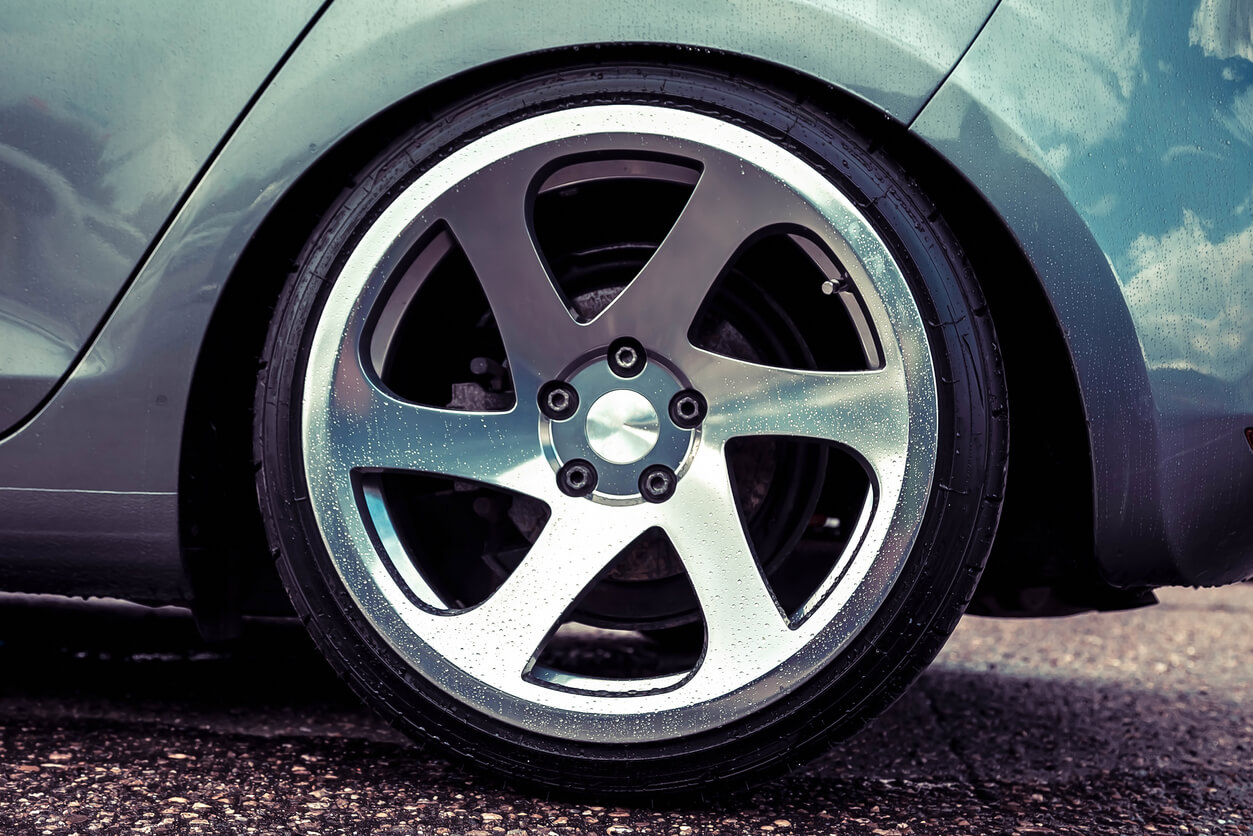
Centre Bore/Hub Size
Our example wheel doesn’t specify a centre bore size, but occasionally you’ll come across instances where a CB value is mentioned. Centre bores are usually listed on the wheel specifications page. As long as the bore on your wheel is larger than the hub size of your vehicle, you can get a hub ring to assist with installation. We can help out with hub rings to suit your application.
Keeping your Vehicle Legal
Depending on where you are in Australia, there are regulations in regard to how much you can change your width and offset.
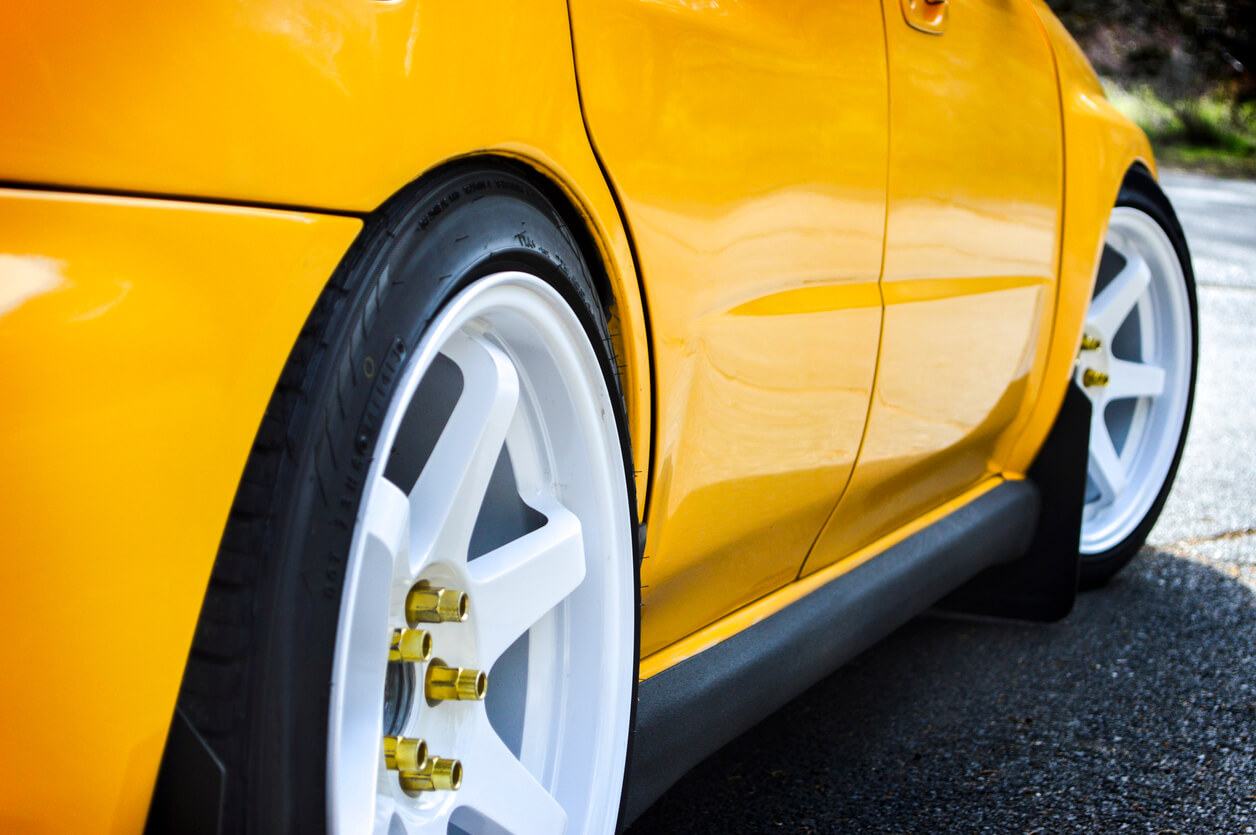
This section is going to get pretty in-depth, but we’ll keep it as straightforward as possible.
Across most of the country, track width (that is the width between wheel centres across an axle) can’t be increased by more than 25mm on passenger vehicles and CUVs or 50mm on off-road four-wheel drive vehicles.
The total outer diameter of your new wheels and tyres can’t change too much, or your speedometer will be inaccurate. An increase of 15mm is allowed for passenger vehicles, or 4WDs can increase tyre diameter by up to 50mm. In all cases, you can reduce the outer diameter of your tyres by up to 26mm and stay legal.
The width of your new tyres can’t exceed a 30% increase from the largest size tyre specified for your model unless you have a 4WD or goods transportation vehicle such as a light truck or van, in which case you have a 50% increase available.
That’s a lot of information to take in, so here’s a summary.
- Tyre Diameter for passenger vehicles - 15mm larger or 26mm smaller
- Track width for passenger vehicles - 25mm maximum increase
- Wheel and tyre width for passenger vehicles - 30% increase over largest stock tyre and wheel width
- Tyre Diameter for 4WD and goods vehicles - 50mm larger or 26mm smaller
- Track width for 4WDs and goods vehicles - 25mm maximum increase
- Wheel and tyre width for 4WDs and goods vehicles - 50% increase over largest stock tyre and wheel width
It’s worth mentioning that individual states and territories have the option to override national regulations with stricter standards. In states such as Western Australia, you’re more heavily restricted on how much of a lift kit you can install on your 4WD, when combined with a tyre size increase.
Aftermarket Wheels at Tyrepower
Thankfully, we’ve done the hard part for you by implementing an easy-to-use tyre and wheel selector that lets you find all the compatible products for your vehicle, automatically filtered by legal fitment options to help make the process of selecting aftermarket wheels easier in several ways:
Vehicle Compatibility:
As we said, the wheel selector automatically filters wheel products to ensure vehicle compatibility, and it takes into account state and territory restrictions on vehicle legality. Your local Tyrepower store will also provide recommendations on wheel sizing to ensure your vehicle handling is not negatively affected by poor size choice.
Visual Presentation:
A huge part of buying aftermarket wheels is the visual impact that a new set of wheels can make to your vehicle. Short of being a Photoshop wizard or physically trying different wheels on your car, our wheel selector makes it easy to preview what a new set of wheels will look like on your car!
You can even test out different ride heights and change your vehicle colour to more closely match your own.
Your Local Wheel Experts
Tyrepower isn’t just Australia’s largest independent tyre retailer, our stores are locally owned and operated by enthusiasts who will take care of your vehicle just like it was their own.
For replacement aftermarket wheels for your vehicle, and tailored wheel and tyre packages to suit you, come chat to the team at your local Tyrepower today!


















